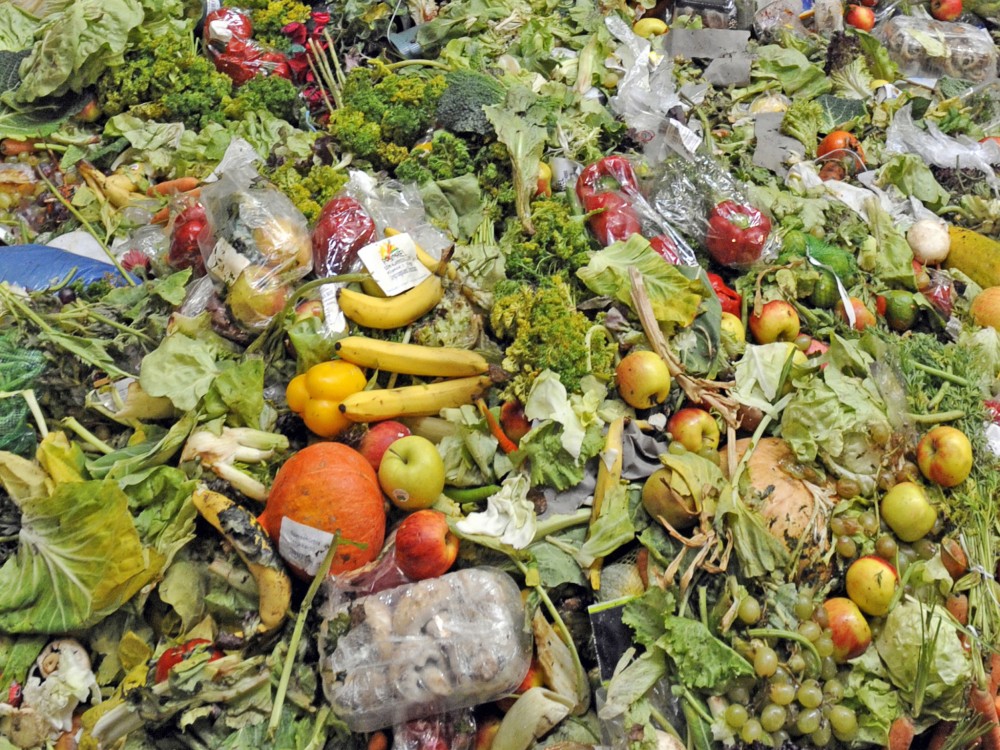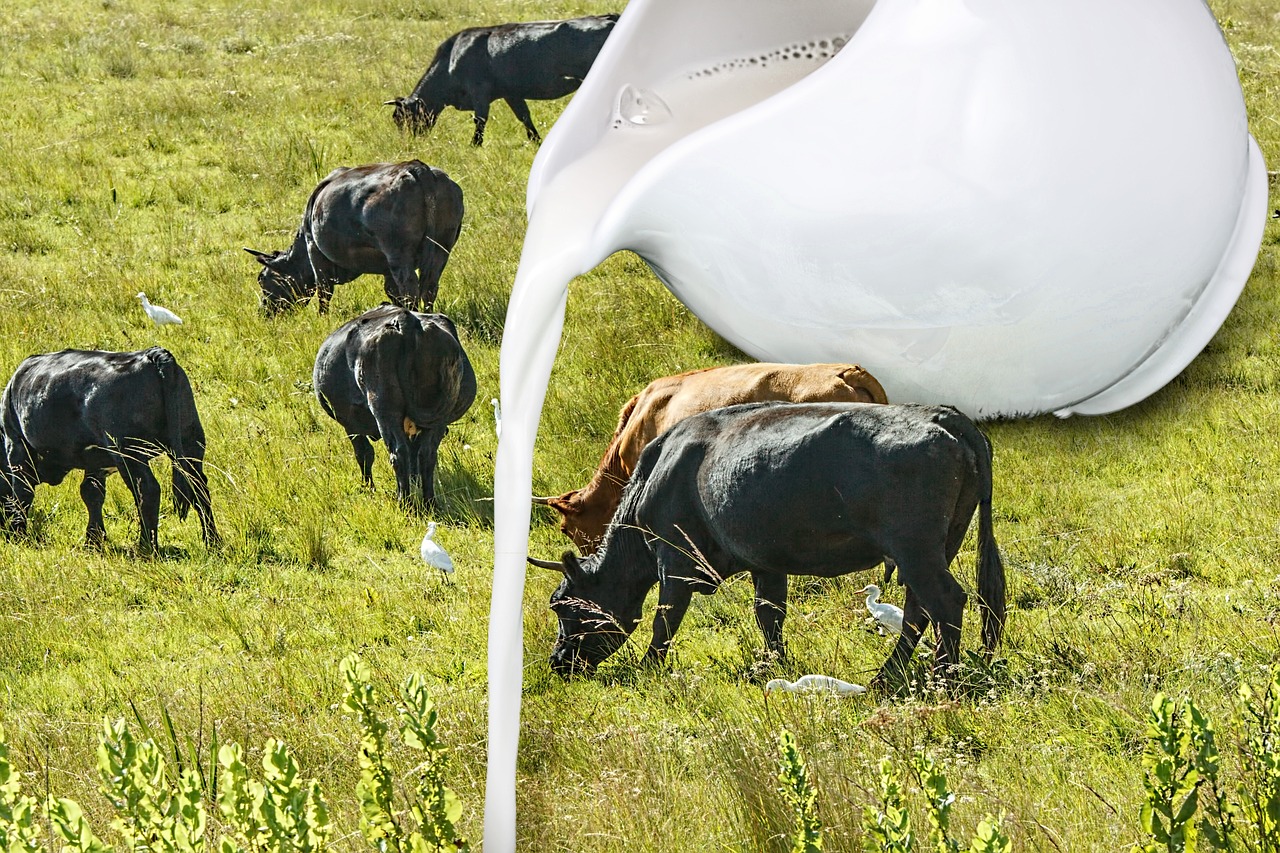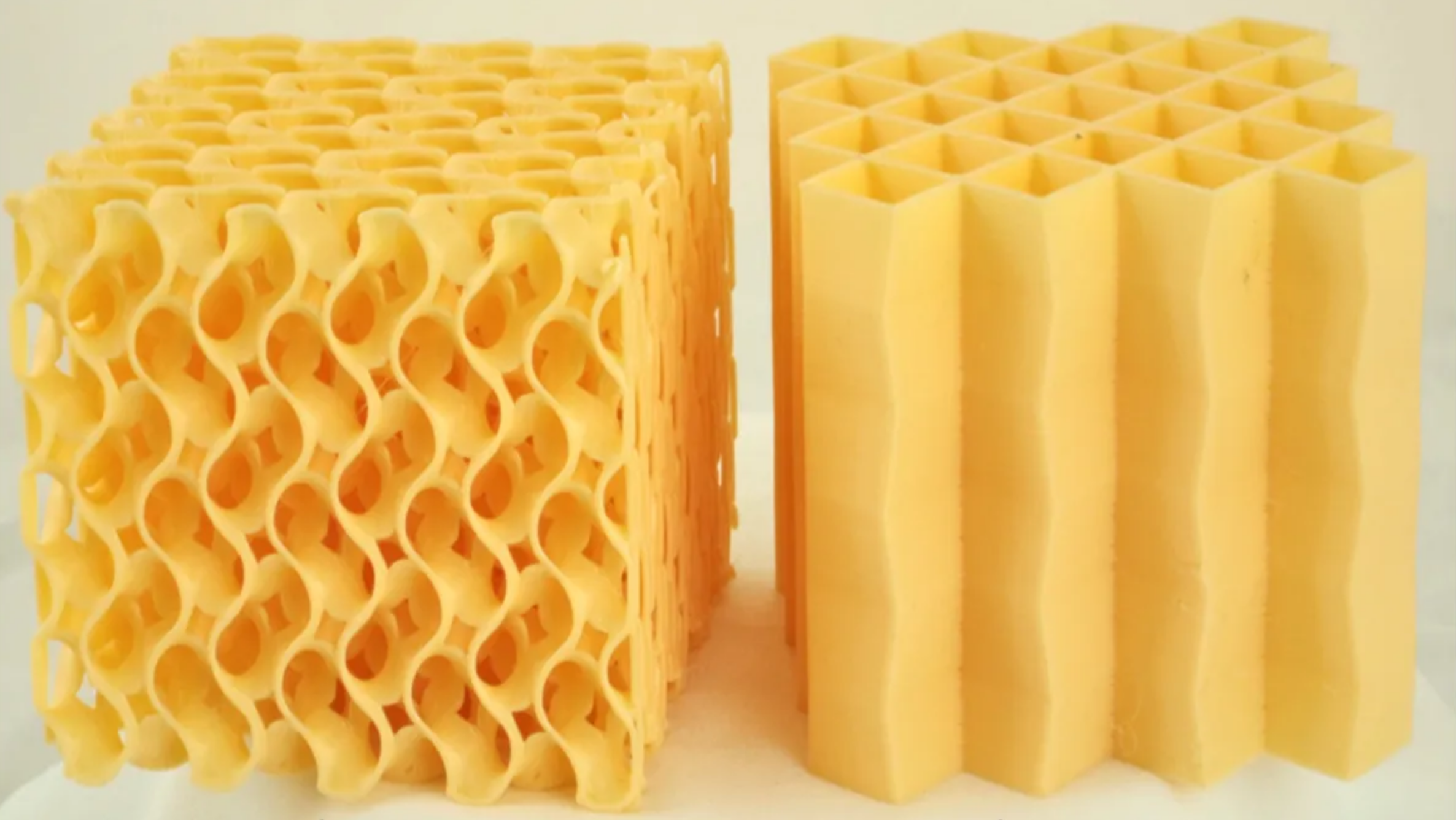IndustryTap has reported on the new French law that prohibits food waste by supermarkets. In the UK, a group of politicians has come out with a list of “least ethical” British supermarkets in an attempt to shame owners into doing the right thing. And in the United States, there is speculation that a similar law may never be passed even though 40% of all food produced in the US goes uneaten.
According to the Atlantic, US citizens throw out 43 billion pounds (19.5 billion kilograms) of food each year, valued at $46.7 billion. There are tax breaks that encourage donations, but there is no rule that it must be done.
Never Say Never
While many consider such a law a long shot in the US, a number of groups are pushing the topic towards the mainstream. The University of Arkansas, for example, is co-hosting the third annual National Food Waste & Hunger Summit this Spring, April 16-17th, with Tom Vilsack, US Secretary of Agriculture, Rebecca Vallas, Director of the Poverty to Prosperity Program at the Center for American Progress, and Robert Egger, President and Founder of the Los Angeles (LA) Kitchen giving presentations.
Now a Mexican company, Eat Limmo, is turning food waste into nutritious ingredients. The company takes the most nutritious parts of seeds and peels from fruits and vegetables, which are typically thrown away, and uses a patent pending process to transform them into functional and cheap food ingredients. The ingredients are provided to the food industry which saves 8-12% on its food production budget.
The following video is an interview with Project EatLimmo:
The following infographic shows “Food Loss & Waste Facts” created by the Food & Agricultural Organization (FAO) of the United Nations.








